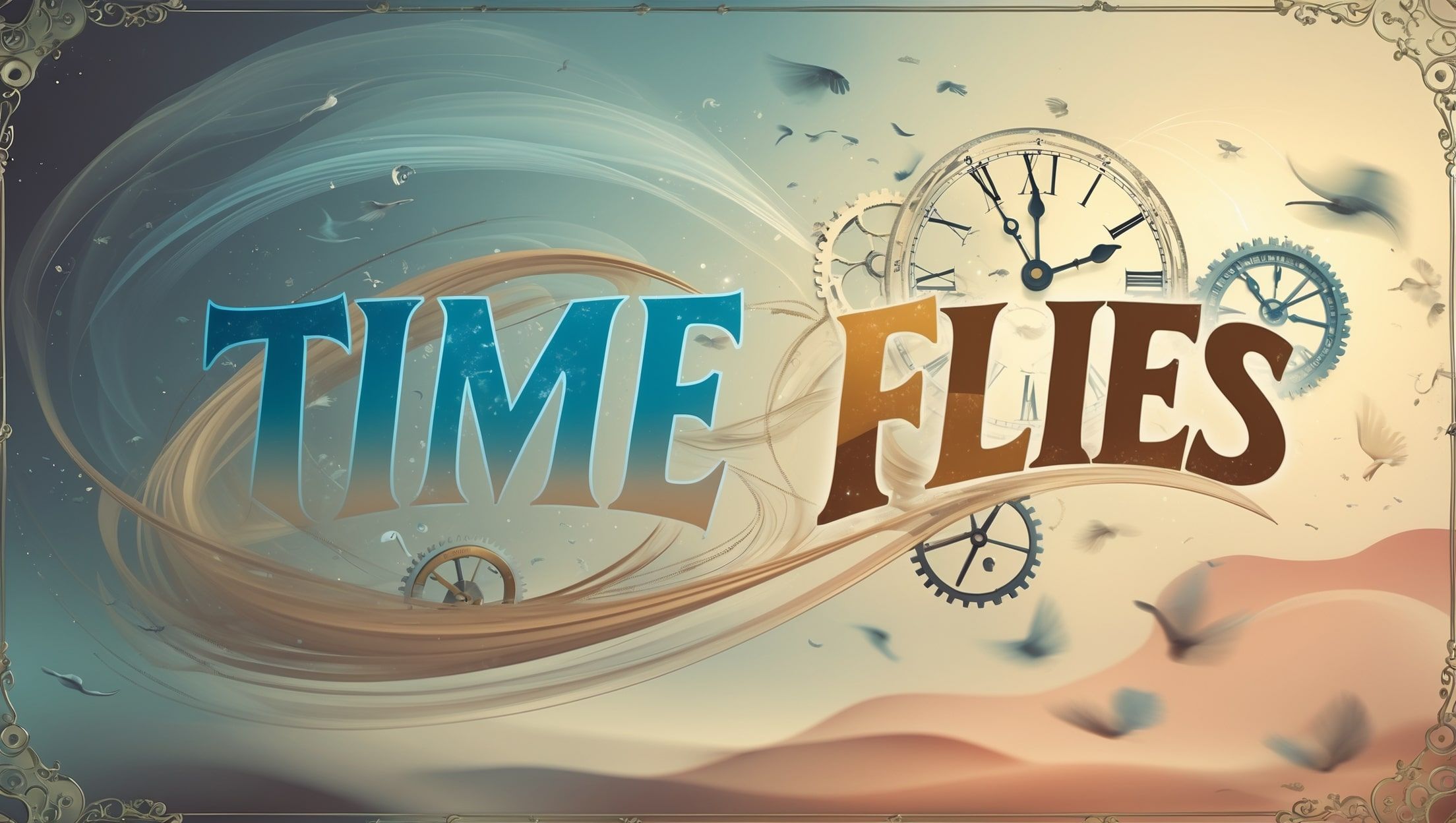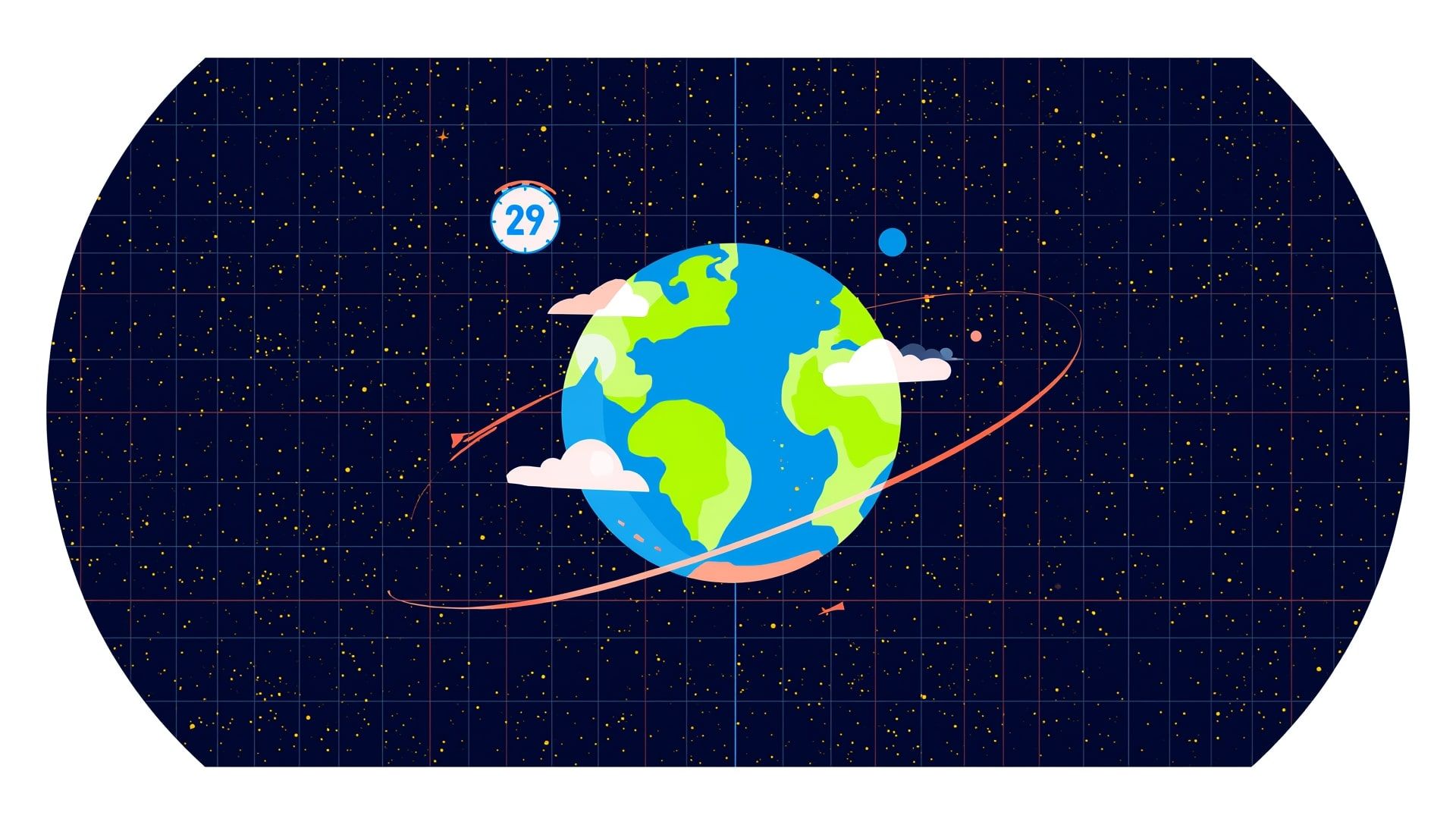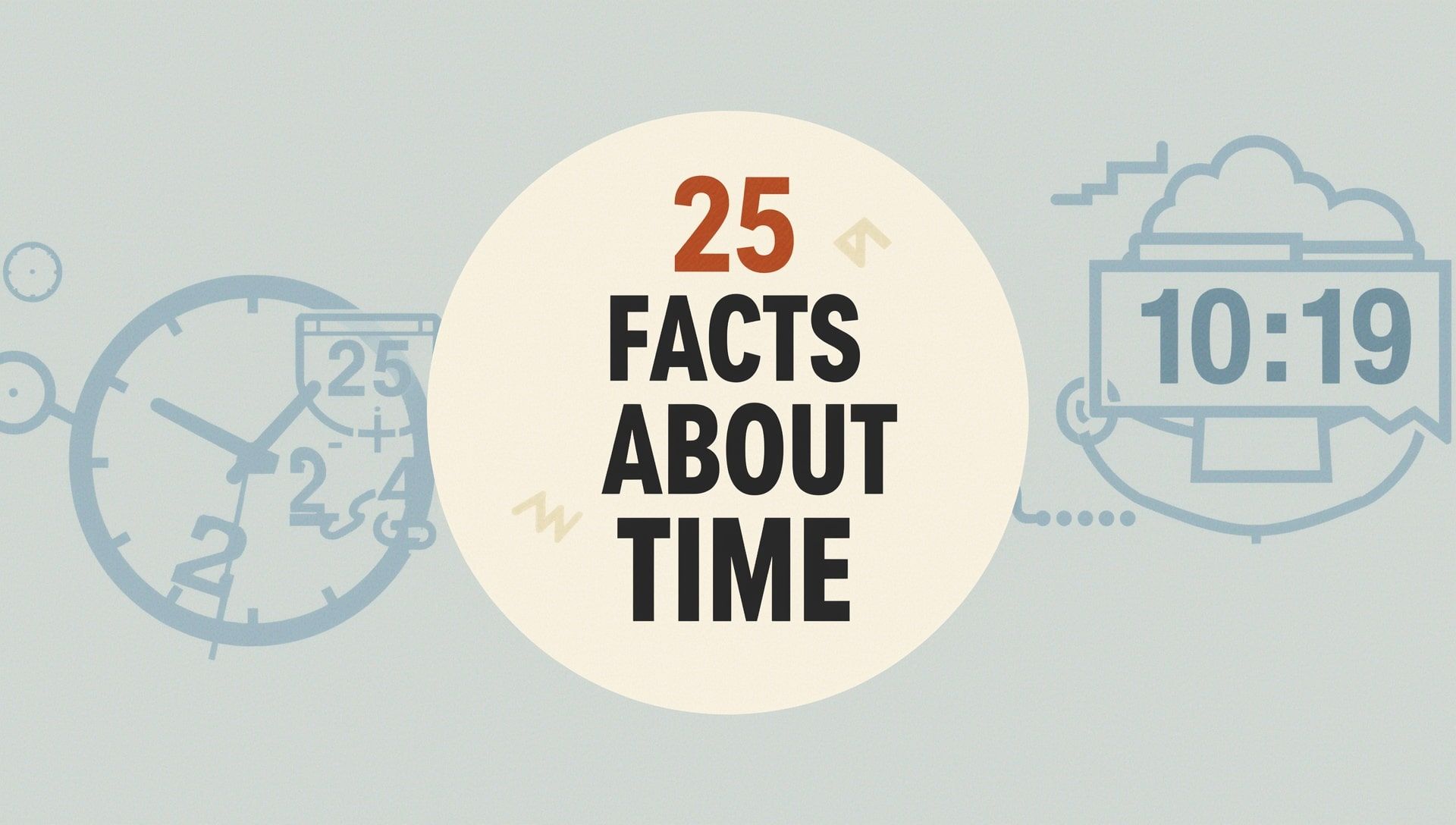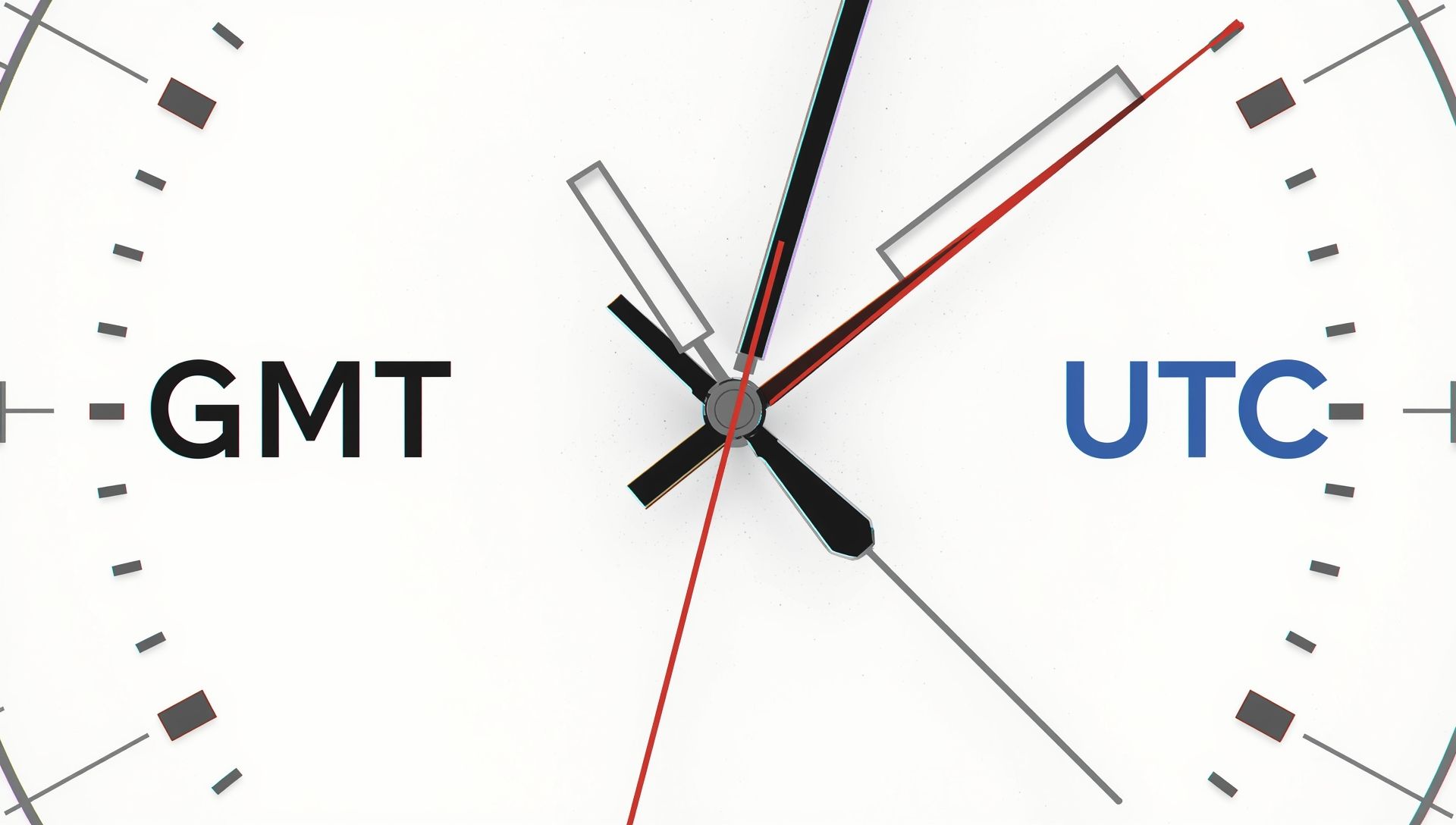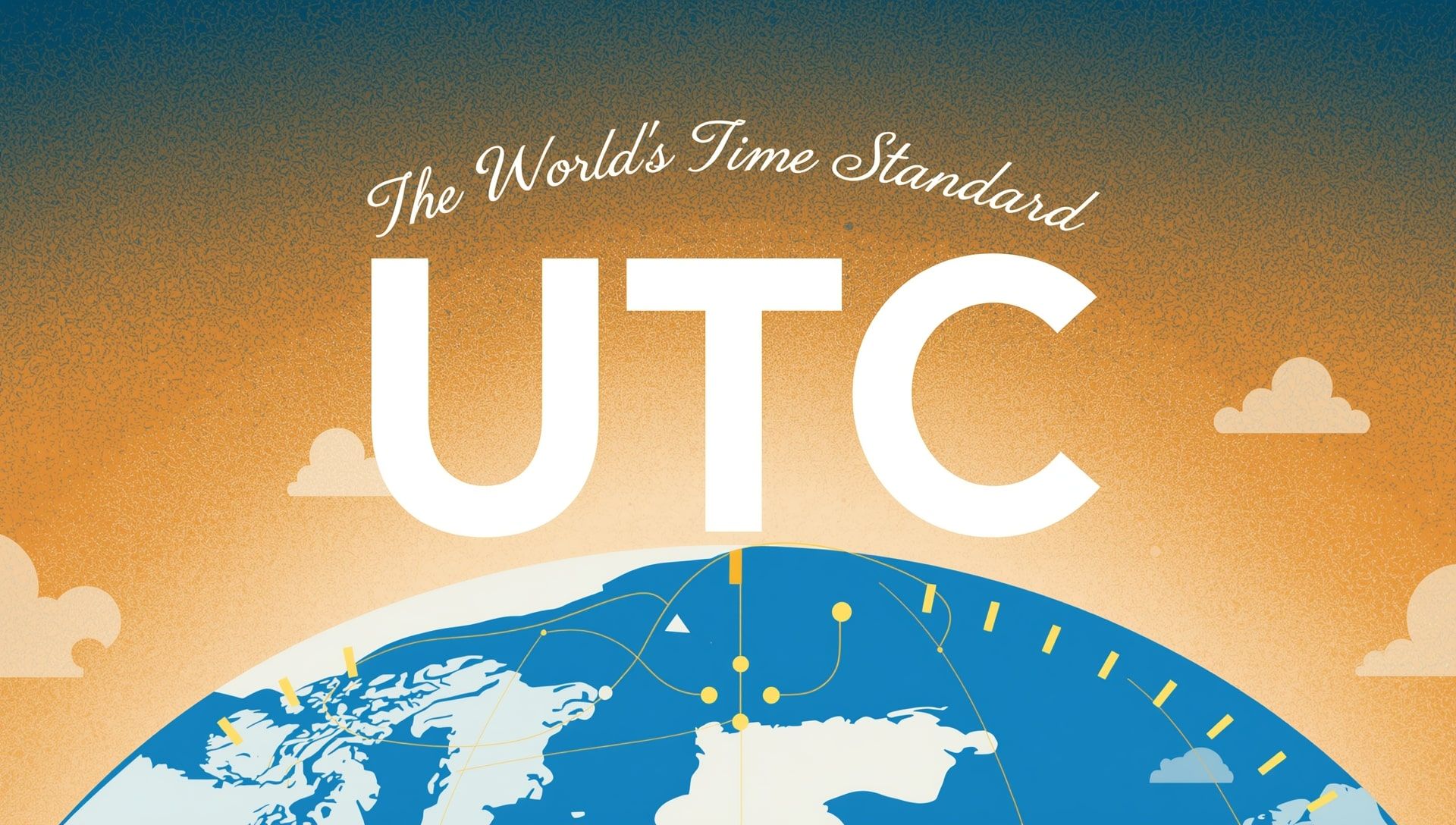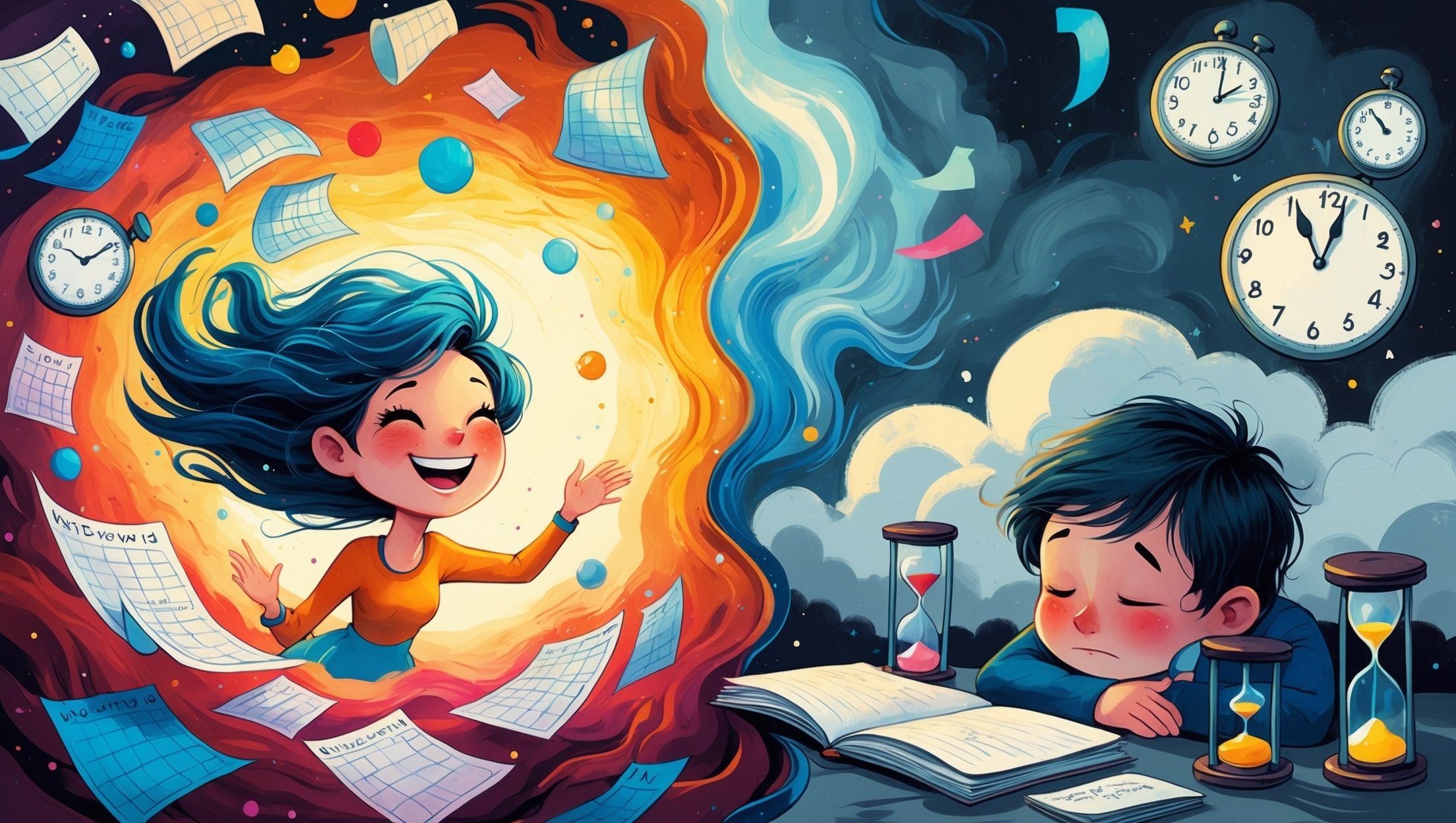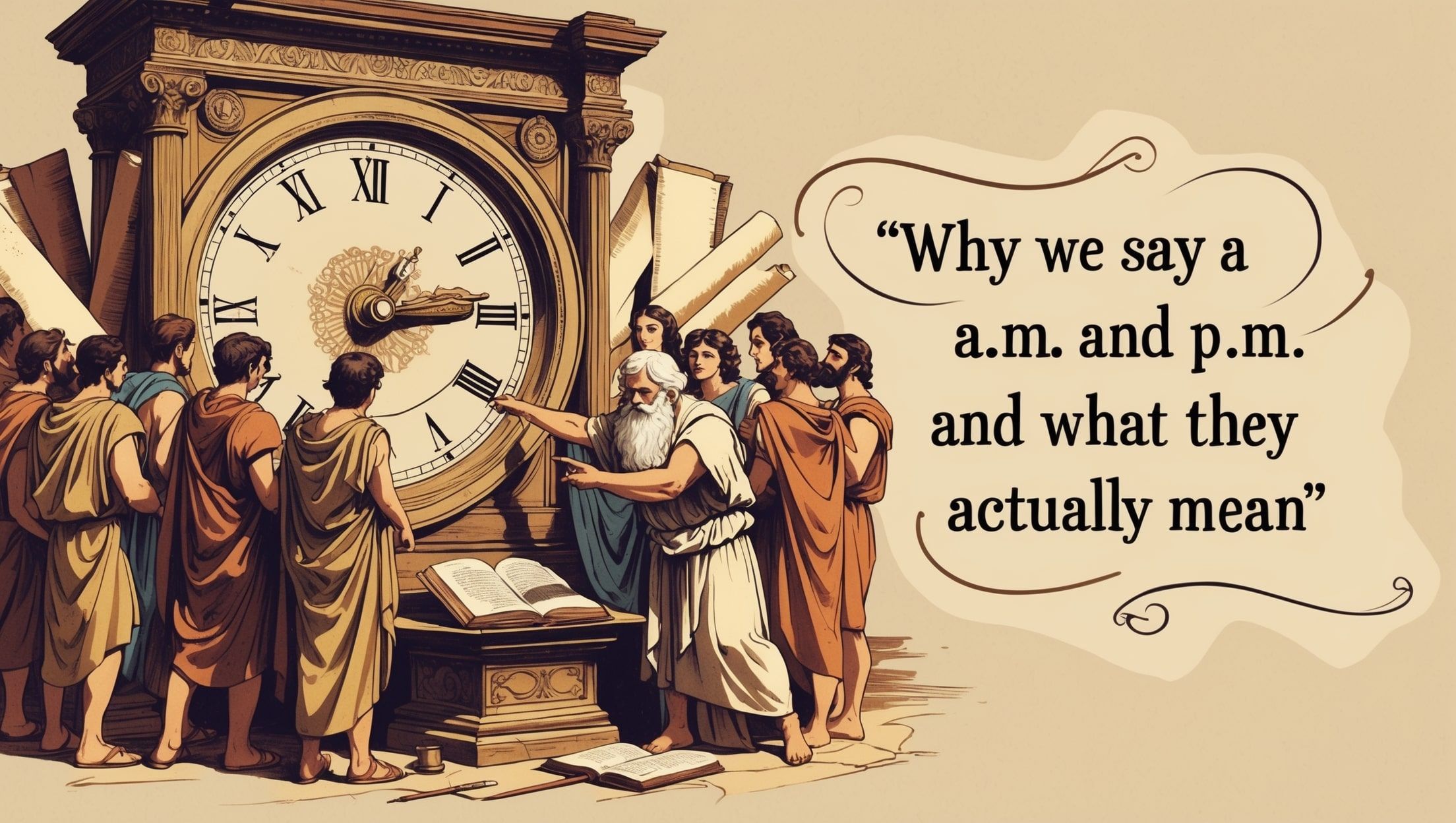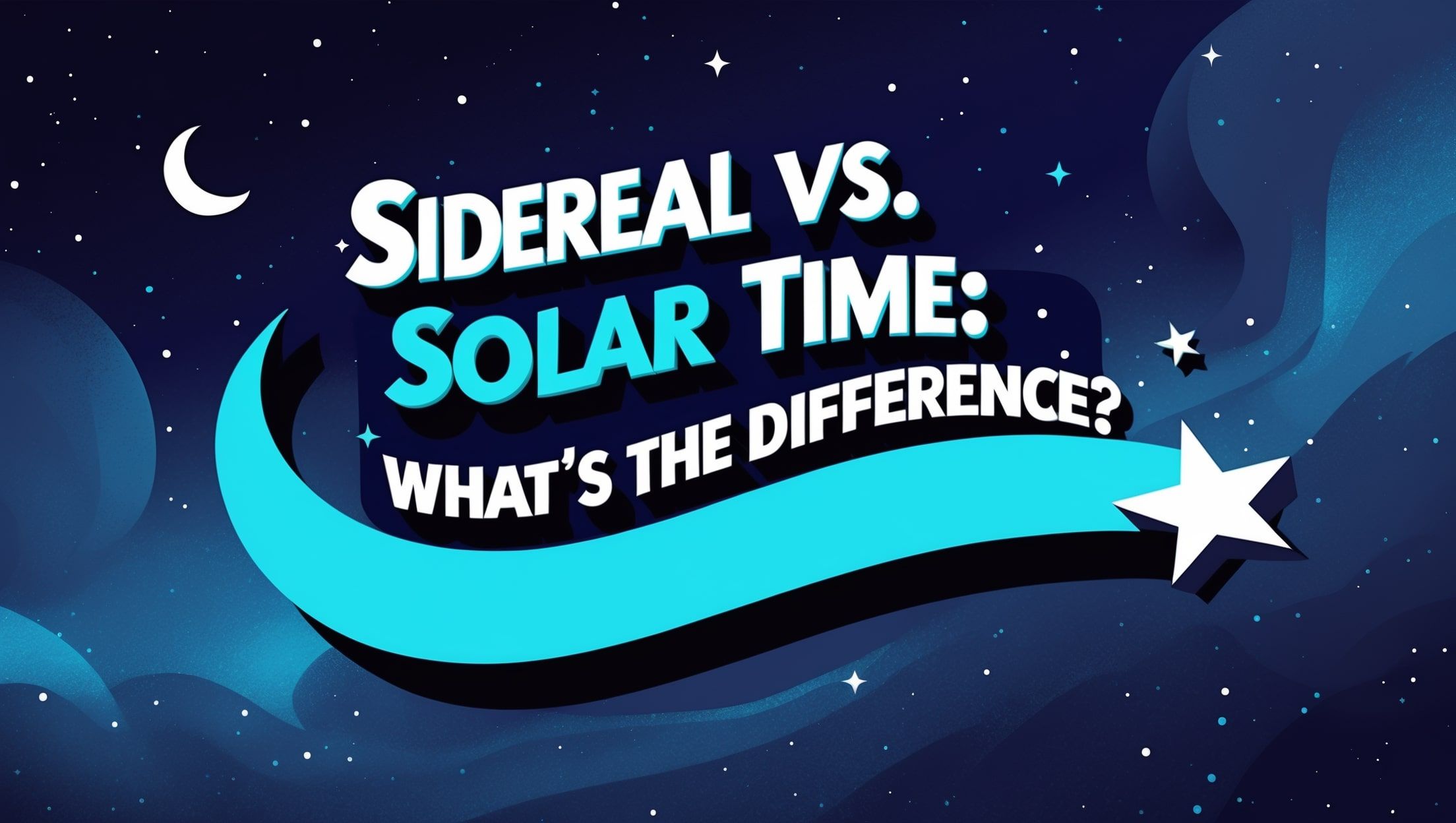You blink and another year is gone. Birthdays come quicker. Holidays feel closer together. Childhood summers stretched forever, but now even weekends fly by. Time doesn’t really speed up. But it sure feels like it does.
Your Brain Keeps a Memory-Based Clock
We don’t actually feel time pass. We remember it. And that memory is heavily shaped by how much happened, how new it felt, and how it stood out.
When you’re young, almost everything is new. First bike. First friend. First heartbreak. Your brain makes a ton of fresh memories. That fills time with detail, and detailed time feels slower in hindsight.
As you age, more days blur together. Commuting. Emails. Dishes. You remember fewer standout events. That makes the past look shorter. Less packed. Faster.
The One-Year Slice Gets Thinner
When you’re five, a single year is a huge chunk of your life. It’s 20 percent of everything you’ve lived. That’s why a year feels long. It’s big.
By the time you’re 50, a year is just 2 percent. It doesn’t carry the same weight. It slips by more easily. Your mental math tracks this without you noticing.
This idea is sometimes called “proportional time perception.” The more you’ve lived, the smaller each new stretch feels by comparison.
Routine Speeds Things Up
Doing the same thing over and over speeds up your sense of time. When days look alike, your brain compresses them into a blur. It only tags new or emotionally charged moments as worth storing.
If your week looks like last week, and the week before that, then those days slide by quickly when you look back. Even if you were busy, your memory says, “Not much happened.”
Why Novelty Slows Time Down
Newness breaks the pattern. That’s why vacations feel longer than regular weeks, even if they’re shorter. Your brain is on high alert, storing new smells, sounds, tastes, and surprises. That makes each moment feel rich and full. It’s a bit like how you notice every detail when looking at a world time zone map for the first time - Your mind zooms in on the unfamiliar.
This is also why scary or intense events feel slow while they’re happening. Your brain is focused, tracking everything in detail. It’s the opposite of autopilot.
Things That Make Time Feel Like It’s Racing
- Living by a rigid schedule with little variation
- Spending hours scrolling or multitasking without full focus
- Lack of sleep, which dulls memory and attention
- Skipping breaks, travel, or novelty in daily life
- Constant stress, which pushes your brain into short-term survival mode
These habits don’t just wear you out. They also shrink your sense of time, making days vanish in hindsight. It’s similar to the way Daylight Saving Time suddenly makes the evenings feel shorter even when the clock barely changes.
You Can Slow It Down (A Little)
You can’t stop time. But you can stretch your experience of it. One way is to create more memorable moments. These don’t have to be big. A walk in a new park. Cooking something unfamiliar. Calling an old friend out of the blue. Anything that wakes your attention up.
Another way is to focus deeply. Being present slows your mind’s pace. Longhand writing, meditation, reading, or even sitting quietly for ten minutes can help. Think of it as syncing with your own internal clock.
Memory Shapes Your Sense of Time
It’s not about how much time you spend. It’s how much time your brain notices. We store what stands out. We skip the rest. So a life packed with small shifts and fresh experiences feels longer than one full of copy-paste days.
As we get older, it’s easy to fall into routine. That’s not bad. But mixing things up, even a little, can make time feel fuller again. The same way exploring different time zones reminds you how relative time can feel depending on where you are.
It’s not just about adding more hours. It’s about making those hours feel like they matter.
